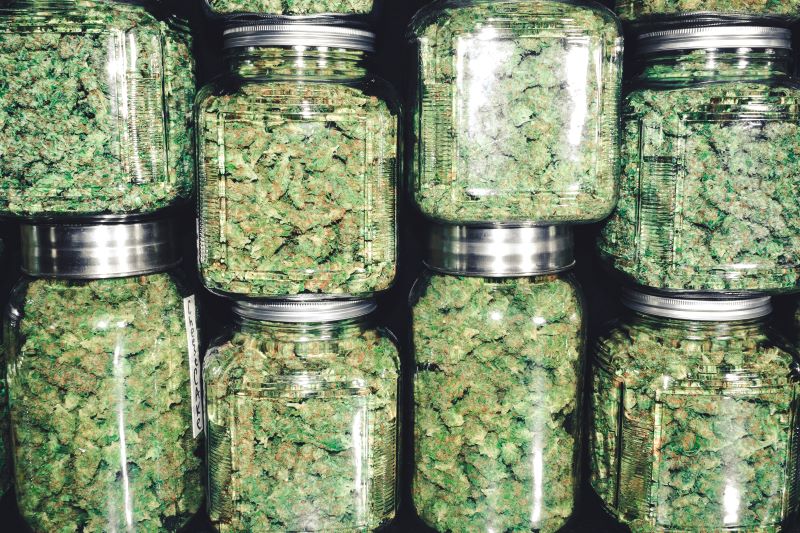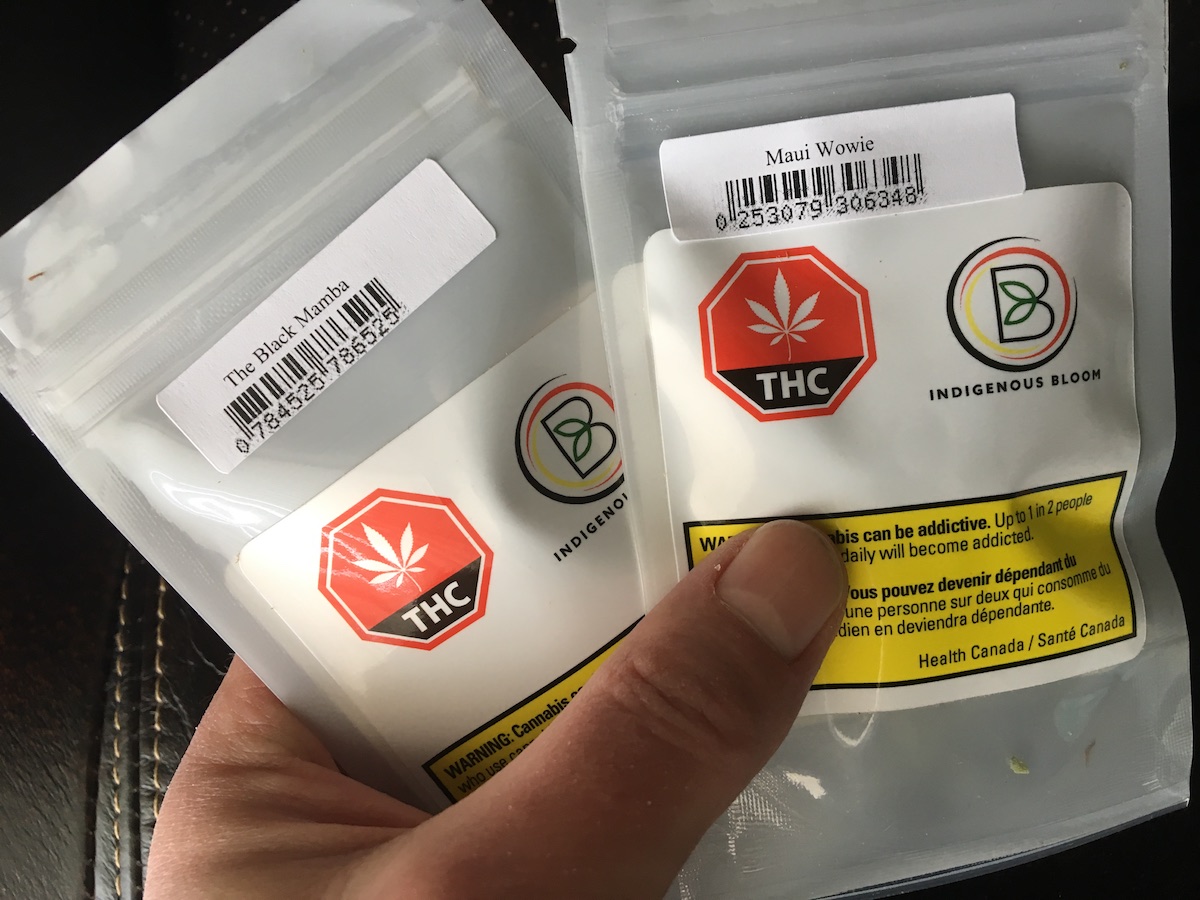News
Judge tosses lawsuit against Indigenous cannabis stores
Published on September 22, 2023 by David Wylie
 Photo: Adobe Stock/the oz.
Photo: Adobe Stock/the oz. A BC Supreme Court judge has quashed a class-action lawsuit launched by a group of 14 anonymous licensed retailers alleging the province hasn’t done enough to force unlicensed Indigenous cannabis stores to close.
“I have concluded that it is plain and obvious that the claim has no reasonable prospect of success because the province does not owe a private law duty of care to the plaintiffs,” says Justice Jasvinder Basran in his reasons for judgment.
He says the province choosing Indigenous reconciliation as the priority in this case is “neither unusual nor surprising.”
The plaintiffs are all listed as numbered companies, none willing to speak out publicly. BC’s attorney general, the minister of public safety, and the Community Safety Unit (CSU) are listed as the defendants.
The hearing was held in Victoria June 12–13, and the judgment was delivered this week.
The civil claim, which was filed in April 2022, states: “As a result of the defendants’ failure to enforce the Cannabis Control and Licensing Act (CCLA), the plaintiffs have each suffered, and continue to suffer damages in the form of loss of income, and loss.”
The group of licensed cannabis retailers argue that they suffered damages of at least $40 million, and they sought a declaration that the province was negligent by failing to adequately enforce the licensing requirements of the CCLA on Indigenous reserves.
“The plaintiffs further allege that the province made representations that it would ensure a viable retail cannabis industry in BC by, among other things, ensuring that the CSU would take enforcement action against unlicensed retailers on Indigenous reserves,” writes Basran. “They assert that they relied on these representations to their detriment.”
Position of the Parties
The province:
Asserts that it does not owe the plaintiffs a private law duty of care to ensure they do not lose profits while competing with unlicensed cannabis retailers operating on Indigenous reserves. This is because there is no relationship of proximity between the parties.
The plaintiffs:
Contend that this case is unique in the sphere of government liability and negligence because it occurred in the context of the creation of an entirely new industry—the legal sale of non-medical cannabis. They assert that the province induced small business people into entering this new industry by assuring them that it would take enforcement action against illicit cannabis sellers on Indigenous reserves. By failing to do so, the plaintiffs assert they were harmed financially.
 Photo: the oz.
Photo: the oz. “I am satisfied that it is plain and obvious that the claim does not disclose a reasonable cause of action in either negligence or negligent misrepresentation,” writes Basran.
“The plaintiffs cannot succeed in establishing a private law duty of care owed to them by the province to enforce the licensing provisions of the CCLA (Cannabis Control and Licensing Act) on Indigenous reserves, or anywhere else. Accordingly, the claim is bound to fail and is dismissed with costs to the Province.”
Enforcement powers are discretionary
The province has been clear in reassuring members of the public that in exercising its discretionary enforcement powers and seeking to obtain compliance on Indigenous reserves, they would continue to take an approach that takes reconciliation with Indigenous peoples into account.
Like all others, the province of BC developed its own licensing and regulatory framework for cannabis retail and distribution. Only licensed retailers are allowed to operate, but the province has created opportunity for government-to-government agreements with Indigenous bands, and has already successfully negotiated a number of them under Section 119.
“Its powers are discretionary…,” says the judgment. “The discretionary exercise of these enforcement powers that takes reconciliation with Indigenous people into account is neither unusual nor surprising. This is because whenever such powers are conferred by statute it is expected that decision-makers will balance many competing rights and obligations beyond the obligation to enforce the law.”
The plaintiffs are anonymous
David Milosevic of Milosevic Fisk LLP, the legal team for the plaintiffs, who are:
BC1178980, BC1221580, BC1155387, BC1207297, 1826900 Alberta Ltd., BC1155274, BC1187520, BC1142545, BC1201852, BC1187613, BC1156356, BC1143782, 2090442 Alberta Inc., BC1142367
None of the retailers involved have come forward publicly. One retailer who has championed the suit has insisted throughout on not having his name published.
Leave a comment on our Facebook page.
© Copyright 2023 Okanagan Z. | About the oz.
Report a Typo or Inaccuracy
We strive to avoid typos and inaccuracies. However, on occasion we make mistakes. We value your contributions and help in correcting them.